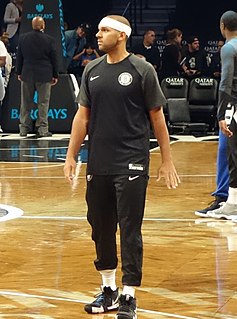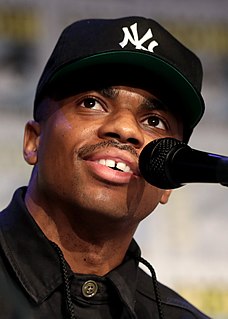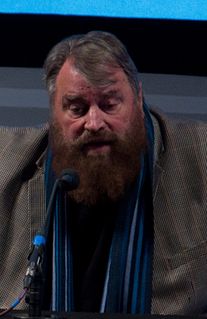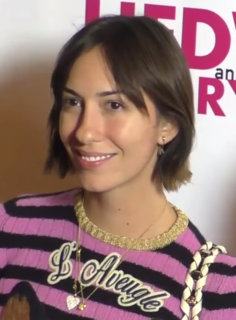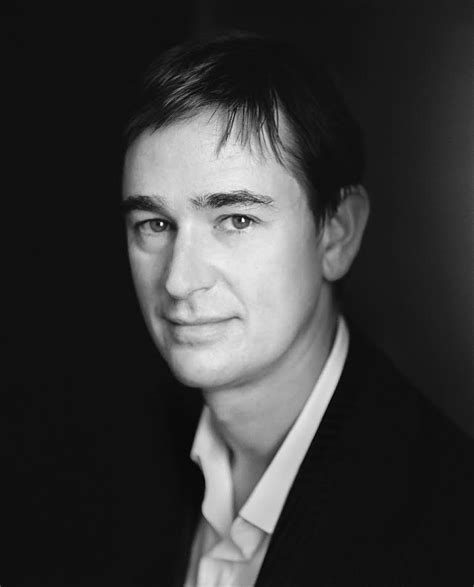A Quote by James E. Faust
Cheating in school is a form of self-deception. We go to school to learn. We cheat ourselves when we coast on the efforts and scholarship of someone else.
Related Quotes
School doesn't teach you much. School teaches you how to follow directions, that's what school is for. And in life, not necessarily following directions helps you get certain places - because you go to the right school you can learn the right things, and you go to the wrong school you can learn the wrong things, so it just all depends. But school doesn't really teach you how to interact with people properly, you learn that outside of school.
This is the trouble with cheating: there are no acceptable rules, or laws. It could be a smile, or dancing to a song that you considered to be indefinably 'ours'. It can feel like cheating to go to a restaurant that you used to go to with someone else. Keeping photographs of exes can infuriate, like retrospective cheating.
At some point in every racer's life he has to make his peace with cheating. I do not approve of cheating ... at all. Of course, like every successful racer, I differentiate between taking advantage of loopholes in the regulations, stretching the grey areas and outright cheating. In any given racing series I will not start the cheating. If someone else starts it, I will appeal to them and to the officials to stop it. If my efforts do not succeed, then I'll show them how it is done.
My older brother was a musical prodigy, and he got a scholarship to the Bronx House Music School. We moved to the Bronx when I was 4 to be close to his music school. Then I got a music scholarship myself, at the age of 6, but that was for a school down in Greenwich Village. I had to take the elevated train and then the subway to get there.
What is the most fascinating kind of self-deception to me, and a kind that isn't necessarily unhealthy, is what Friedrich Nietzsche called "strategic self-deception." The kind of self-deception that you can engage in with your eyes wide open. You do it because you say, "There's things that I couldn't accomplish without this kind of self-deception."


